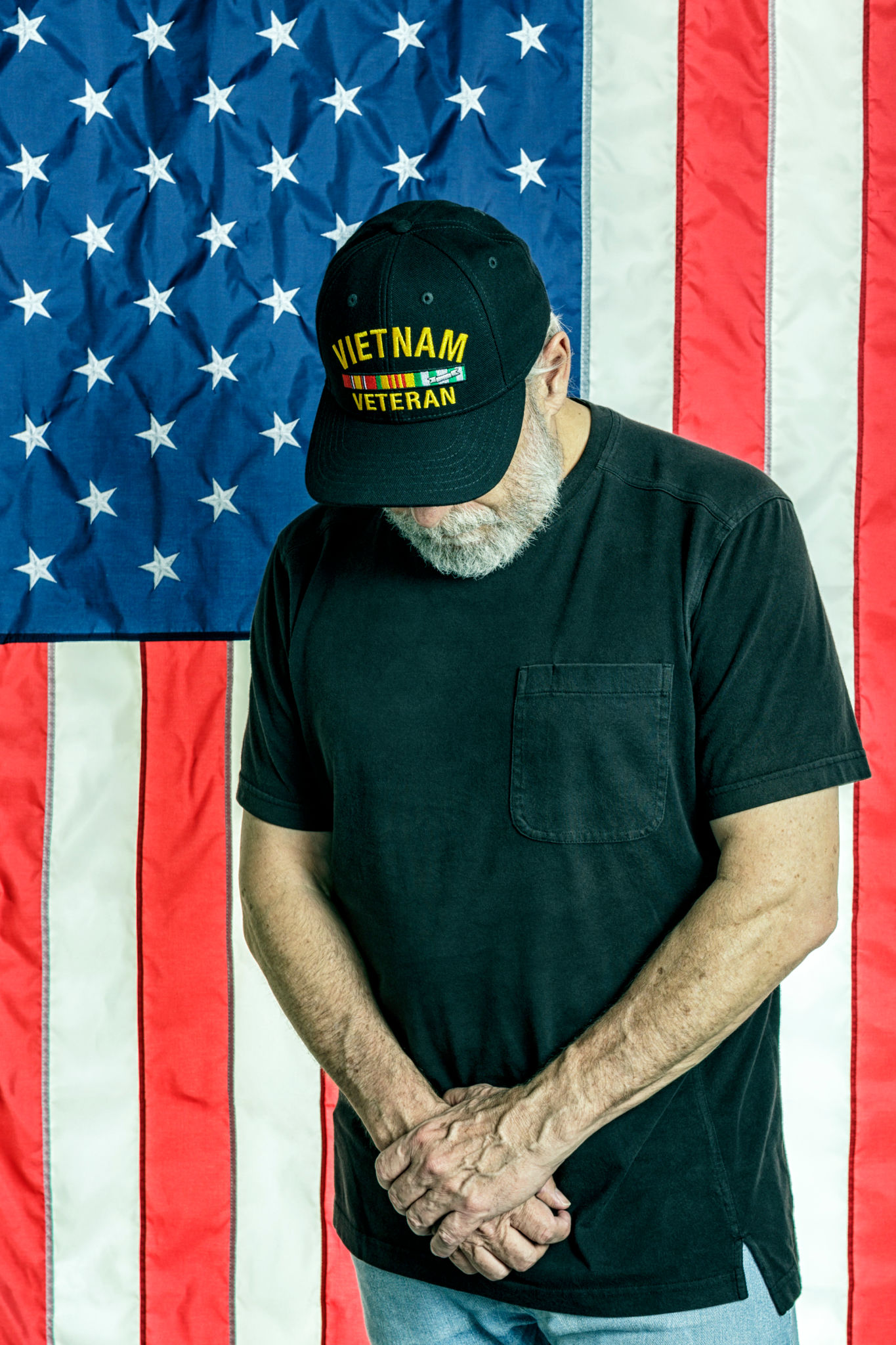Meditation and Mindfulness: Non-Pharmaceutical Treatments for Veterans' Anxiety
The Impact of Anxiety on Veterans
For many veterans, returning to civilian life can be a challenging transition. The experiences faced during military service can often lead to mental health issues, with anxiety being one of the most common. Veterans may find their daily lives disrupted by intense stress, panic attacks, and an overwhelming sense of apprehension. These symptoms can interfere with personal relationships, job performance, and overall well-being.
While traditional medical treatments, such as medication and therapy, are beneficial, there is a growing interest in non-pharmaceutical approaches. Meditation and mindfulness have emerged as powerful tools in managing anxiety symptoms among veterans.

Understanding Meditation and Mindfulness
Meditation is a practice that involves focusing the mind to achieve a state of calm and relaxation. It has been used for centuries across various cultures to enhance physical and mental health. Mindfulness, a form of meditation, involves being present in the moment and fully engaging with current experiences without judgment.
Both practices encourage self-awareness and help individuals develop a deeper understanding of their thoughts and emotions. This awareness can be especially beneficial for veterans dealing with anxiety, enabling them to manage symptoms more effectively.
Benefits for Veterans
For veterans, meditation and mindfulness offer several advantages:
- Stress Reduction: These practices help reduce stress levels by promoting relaxation and lowering cortisol, the stress hormone.
- Improved Focus: Regular meditation can enhance concentration and cognitive function, which may be impaired by anxiety.
- Emotional Regulation: Mindfulness helps veterans gain control over their emotions, reducing the intensity of anxiety attacks.

Incorporating Meditation into Daily Life
Implementing meditation and mindfulness into daily routines can be straightforward and flexible. Veterans can start with just a few minutes each day and gradually increase the duration as they become more comfortable with the practice. Guided meditations or mobile apps can offer structured sessions that are convenient and accessible.
One of the key aspects is consistency. Regular practice helps veterans develop resilience against anxiety over time. It is also crucial to create a dedicated space free from distractions to enhance the effectiveness of each session.
Supportive Communities
Many veterans find additional support through community programs focused on meditation and mindfulness. These programs often provide group sessions that foster camaraderie and shared experiences. Being part of a supportive community can significantly enhance the healing process and provide encouragement to continue practicing regularly.

A Complementary Approach
Meditation and mindfulness are not replacements for professional medical treatment; rather, they complement existing therapies. Veterans experiencing severe anxiety should consult with healthcare providers to develop a comprehensive treatment plan that may include both traditional and non-pharmaceutical approaches.
As awareness of these practices grows, they continue to gain recognition as viable options for managing anxiety in veterans. By embracing meditation and mindfulness, veterans can embark on a journey toward improved mental health and a higher quality of life.